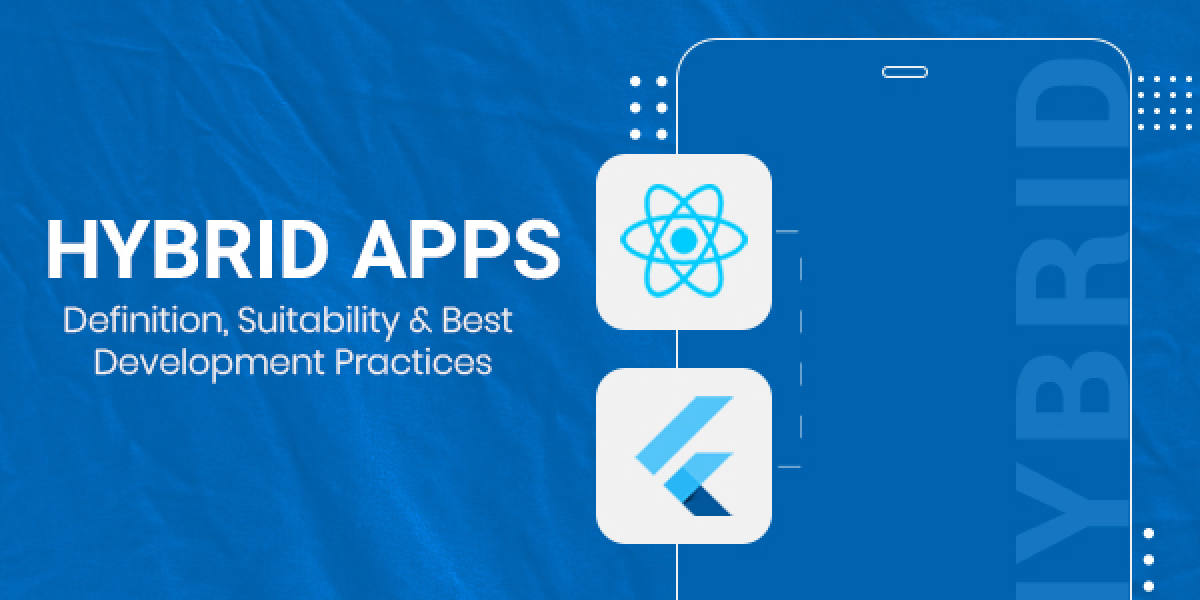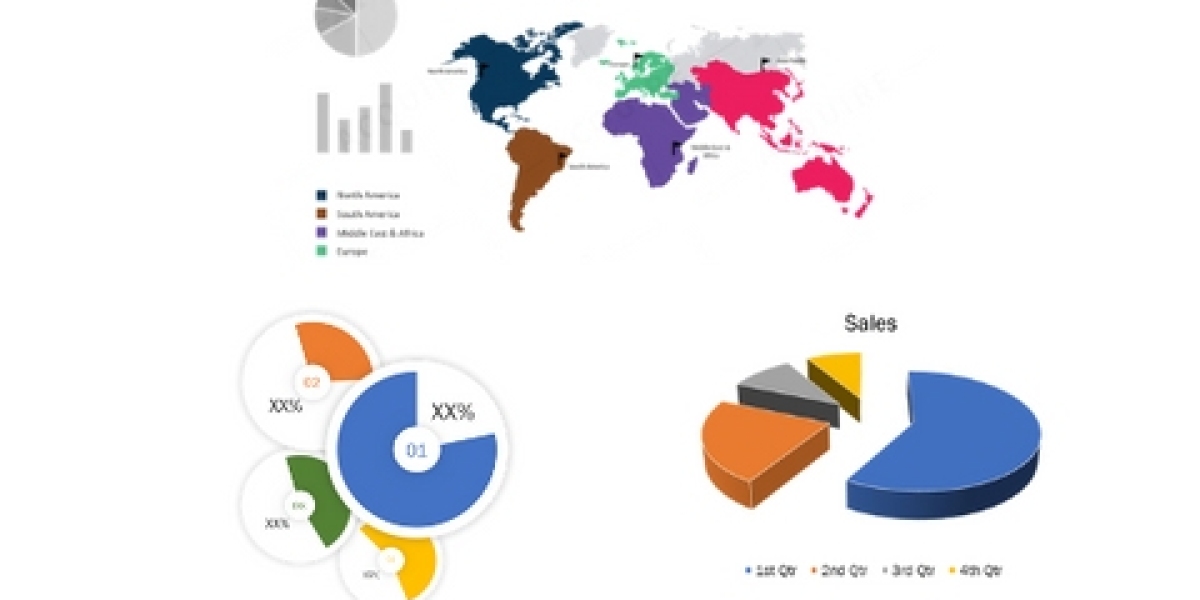In today’s mobile-driven environment, businesses consistently seek effective methods to reach a wide audience across various platforms. A key strategy addressing this need is hybrid app development. These apps merge features of both native and web apps, providing a flexible approach to mobile development.
But what are hybrid apps exactly? Hybrid apps combine elements of both native and web technologies, allowing developers to create apps that work seamlessly across multiple operating systems. This approach has been revolutionized by various hybrid app frameworks, streamlining the development process and reducing costs.
Understanding Hybrid Apps
Hybrid apps are web applications wrapped in a native app shell. Using web technologies like HTML, CSS, and JavaScript, developers write code once and deploy it across platforms such as iOS and Android. This is achieved through a native wrapper that connects the web app with the device’s native functions.
Benefits of Hybrid App Development
- Cost Efficiency: Hybrid app development’s primary benefit is cost efficiency. Developing a single codebase for multiple platforms removes the need for separate teams for different versions of the same app. This reduces development and maintenance costs, as updates can be rolled out simultaneously across all platforms.
- Faster Development Cycle: Writing once and deploying everywhere speeds up development. Hybrid apps facilitate quick market launches, essential in today’s competitive market. This agility enables businesses to quickly respond to user feedback and market demands, maintaining a competitive edge.
- Unified User Experience: Consistent user experience is key for retaining users and building brand loyalty. Hybrid apps provide a uniform look and feel across platforms, offering a seamless experience on smartphones, tablets, or desktops. This consistency strengthens brand identity and enhances user satisfaction.
- Easier Maintenance and Updates: Managing multiple app versions can be burdensome. Hybrid apps ease this by allowing updates in a single codebase, ensuring all users receive the latest features and fixes simultaneously, regardless of platform. This simplified maintenance improves app performance and user experience.
- Access to Native Features: Hybrid apps access native device features like the camera, GPS, and accelerometer via plugins and APIs. This allows developers to create rich, interactive applications that fully leverage the device’s hardware and software capabilities.
Challenges of Hybrid App Development
Despite the benefits, hybrid apps present challenges developers must overcome:
- Performance Issues: Hybrid apps may experience performance limitations compared to native apps. The extra layer that lets the web app run within a native shell can introduce latency and affect responsiveness. Developers must optimize code for smooth performance.
- Limited Access to Advanced Features: While hybrid apps can access many native features, they may not fully utilize each platform’s advanced capabilities. This limitation can affect app functionality and user experience. Developers must assess if a hybrid approach fits their app’s needs.
- Design and User Interface Complexity: Designing a user interface that feels native across all platforms can be difficult. Each platform has its design guidelines and user expectations, complicating development. Developers must balance maintaining a consistent look and feel with adhering to platform-specific design principles.
Best Practices for Hybrid App Development
To fully leverage hybrid app development, it’s vital to follow best practices:
- Focus on User Experience: Deliver a seamless and intuitive user experience. Ensure the app follows platform-specific design guidelines while maintaining a consistent overall appearance.
- Optimize Performance: Regularly test the app to identify and address performance issues. Optimize code for smooth and responsive performance across platforms.
- Modular Codebase: Structure the codebase to separate platform-specific from shared code. This modular approach simplifies maintenance and enables faster updates and enhancements.
- Stay Updated with Platform Changes: Stay informed of platform and operating system updates and changes to ensure your app remains compatible and can utilize new features.
The Future of Hybrid App Development
Hybrid app development is constantly evolving. Technological advancements are narrowing the gap between hybrid and native apps, offering more robust tools and capabilities. As businesses aim to maximize reach and efficiency, hybrid app development will continue to be essential.
In conclusion, hybrid app frameworks provide a robust solution for developing versatile and cost-effective mobile apps. By understanding their benefits, challenges, and best practices, developers can create high-quality apps suited to today’s diverse digital landscape. As technology advances, hybrid app development’s potential will grow, leading to more innovative and accessible applications.









